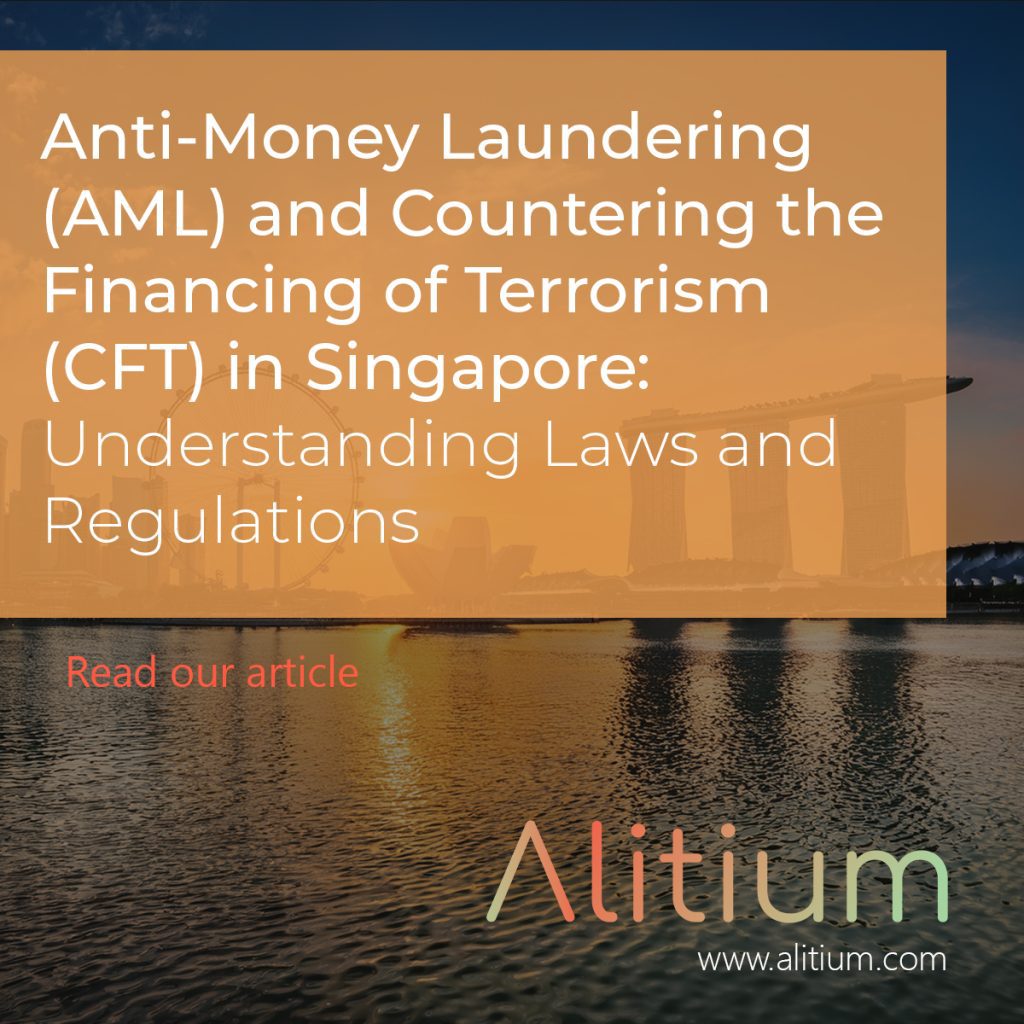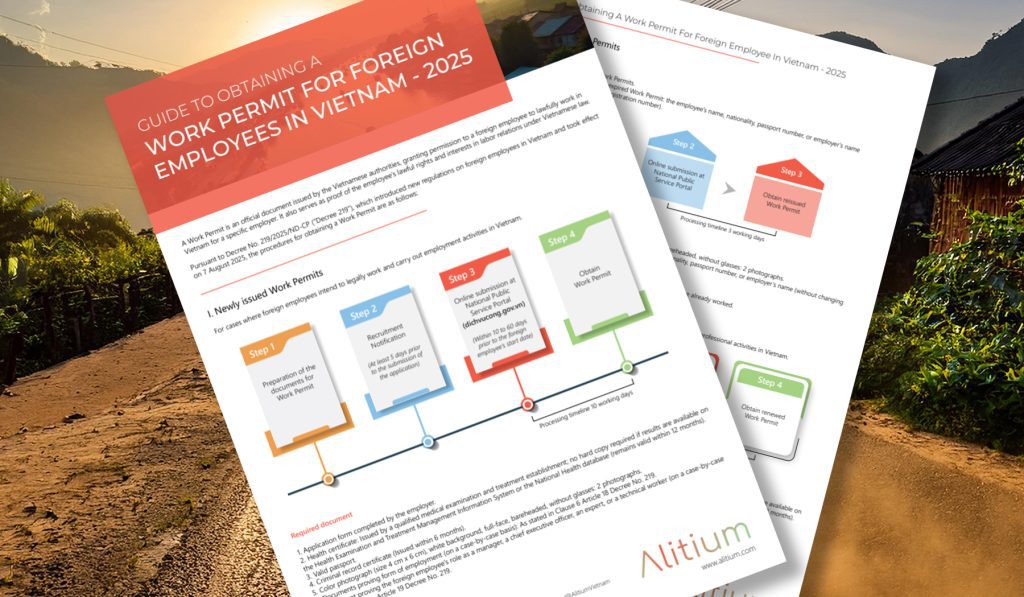Introduction
Vietnam’s burgeoning development and competitive labor market have made it a prime destination for foreign investors looking to outsource various business processes.
The two most common outsourcing models are Business Process Outsourcing (BPO) and Employer of Record (EOR). While both models offer significant benefits, they also come with distinct regulatory and operational differences, especially in respect of Vietnam. This article aims to demystify these models for foreign investors unfamiliar with Vietnamese regulations and business structures.
Understanding BPO and EOR
Business Process Outsourcing (BPO)
BPO involves contracting third-party companies to handle specific business functions or processes, predominantly provided through individuals undertaking more “desk-based” roles. These processes can range from customer service and IT support to design services and accounting back offices. BPO allows companies to focus on their core activities while leveraging specialized skills and resources of outsourcing partners.
Employer of Record (EOR)
EOR, on the other hand, involves outsourcing employment responsibilities to a third-party provider. The EOR becomes the legal employer of the client’s workforce, handling payroll, taxes, benefits, compliance with labor laws, and other HR functions. This model allows companies to quickly and efficiently hire and manage employees without establishing a legal entity in Vietnam.

Key Differences Between BPO and EOR
Operational Scope
- BPO: Focuses on outsourcing specific business functions through a BPO provider delivering staff or teams to execute a function/operation in accordance with the agreed requirements and deliverables of the client. The BPO provider manages the process but does not employ any of the client’s staff.
- EOR: Involves taking on the role of the legal employer for the client’s staff. The EOR provider handles all employment-related responsibilities, but not the business functions.
Control and Management
- BPO: The client retains control over strategic decisions and outcomes related to the outsourced processes.
- EOR: The client retains operational control and management of the day-to-day work of employees, while the EOR provider manages employment-related compliance and administration.
Regulatory Requirements in Vietnam
- BPO: Does not generally require specific sub-licenses beyond standard business registration in most cases, although specific licenses may be required for the actual underlying activity/service that the provider is delivering. The BPO provider essentially operates under standard business regulations for their sector.
- EOR: Requires a specific license related to labor and employment services. EOR providers must comply with Vietnamese labor laws and obtain a sub-license from the Ministry of Labour, Invalids and Social Affairs (MoLISA) for the provision of employment outsourcing.
Regulatory Requirements for EOR Providers in Vietnam
Labor Law Compliance
EOR providers in Vietnam must comply with the Vietnamese Labor Code and related decrees. This includes adhering to regulations on employment contracts, working hours, wages, and benefits. The EOR provider assumes responsibility for ensuring all employees are treated in accordance with Vietnamese labor laws.
Sub-Licenses and Approvals
To operate as an EOR in Vietnam, providers must obtain several key licenses and approvals:
- Business Registration: EOR providers must be registered as a legal entity in Vietnam with Labour Outsourcing as a permitted business line on their business registration.
- Labor Outsourcing License: Issued by MoLISA (or the relevant province-level Department), this license permits the EOR provider to legally employ workers and provide them to client companies.
Tax and Social Insurance Obligations
EOR providers are responsible for withholding and remitting taxes on behalf of their employees. This includes personal income tax (PIT) and social insurance contributions. Compliance with tax and social insurance regulations is crucial to avoid penalties and ensure employees receive their entitled benefits.
Reporting Requirements
EOR providers must submit regular reports to MOLISA and other relevant authorities. These reports typically include information on employee numbers, employment contracts, wage payments, and compliance with labor laws.
Regulatory Requirements for BPO Providers in Vietnam
General Business Registration
BPO providers do not require specific sub-licenses to operate in Vietnam. They must, however, register their business with the Department of Planning and Investment (DPI) and registering their specific/relevant business lines to operate in their required sector.
Compliance with Sector-Specific Regulations
While BPO providers are not subject to specific employment licenses, they must comply with sector-specific regulations depending on the nature of the outsourced services. For example, a BPO provider offering financial services must comply with regulations set forth by the State Bank of Vietnam.
Data Protection and Confidentiality
BPO providers handling sensitive information must adhere to data protection regulations. This includes implementing measures to safeguard client data and comply with relevant privacy laws, such as the Law on Cybersecurity and Decree No. 13/2023/ND-CP on personal data protection.
Choosing Between BPO and EOR: Key Considerations for Foreign Investors
Business Objectives
- BPO: Ideal for companies looking to outsource specific functions to enhance efficiency and focus on core competencies. BPO is suitable for tasks like customer support, IT services, and data processing.
- EOR: Best suited for companies looking to quickly establish a workforce in Vietnam without setting up a legal entity. EOR is beneficial for market entry, rapid scaling, and managing remote teams.
Compliance and Risk Management
- BPO: Generally involves fewer compliance requirements related to labor laws, but sector-specific regulations must still be followed. BPO providers must ensure compliance with data protection and confidentiality standards.
- EOR: Involves significant compliance responsibilities related to employment laws, taxes, and social insurance. EOR providers must manage these risks to avoid legal issues and penalties.
Cost Implications
- BPO: Costs are typically associated with service fees based on the scope and complexity of the outsourced processes. BPO can be cost-effective by leveraging specialized skills and economies of scale.
- EOR: Costs include service fees for employment management, taxes, social insurance, and benefits. While EOR can be more expensive, it offers comprehensive employment solutions and compliance management.
Control and Flexibility
- BPO: Offers greater flexibility in managing specific processes and allows companies to focus on strategic objectives. However, control over the outsourced process is limited.
- EOR: Provides control over daily operations and employee management, while the EOR provider handles compliance and administration. This model offers flexibility in workforce management but comes with more regulatory responsibilities.
Practical Steps to Establish BPO or EOR Services
For Establishing a BPO
- Business Registration: Register the BPO entity with the DPI and obtain the necessary business licenses.
- Identify Services: Clearly define the scope of services to be outsourced and ensure compliance with sector-specific regulations.
- Implement Data Protection Measures: Ensure robust data protection and confidentiality protocols are in place to safeguard client information.
For Establishing an EOR
- Obtain Required Licenses: Secure the business registration with appropriate business lines, and then the Labor Outsourcing License from MOLISA.
- Compliance Management: Develop a comprehensive compliance plan to adhere to Vietnamese labor laws, tax regulations, and social insurance obligations.
- Employee Management: Implement HR systems to manage employee records, contracts, payroll, and benefits effectively in respect to third-party staff.
- Regular Reporting: Establish processes for regular reporting to MOLISA and other relevant authorities to ensure ongoing compliance.
Conclusion
Understanding the nuances and regulatory requirements of BPO and EOR services in Vietnam is crucial for foreign investors looking to leverage these models. While BPO focuses on outsourcing specific business processes, EOR provides comprehensive employment solutions, each with its own set of regulatory obligations and operational implications.
Foreign investors must carefully consider their business objectives, compliance requirements, cost implications, and control preferences when choosing between BPO and EOR. By engaging local advisors, ensuring robust compliance management, and selecting the right partners, investors can successfully navigate the complexities of the Vietnamese market and achieve their business goals.
References
- Vietnamese Labor Code: Governing employment relationships and labor regulations in Vietnam.
- Decree No. 14/2020/ND-CP: Regulations on licensing and operation of employment service providers.
- Law on Cybersecurity: Regulations on data protection and cybersecurity in Vietnam.
- Decree No. 13/2023/ND-CP: Provisions on personal data protection.
Navigating the intricacies of BPO and EOR services in Vietnam requires a thorough understanding of the local regulatory environment and proactive compliance management. By leveraging the right outsourcing model, foreign investors can optimize their operations, manage risks effectively, and capitalize on the opportunities in Vietnam’s dynamic market.
Phuong Vo is Managing Partner at Alitium Vietnam, providing market entry and professional support for foreign investors in Vietnam. Contact Phuong via Alitium.com for further assistance and advice.







